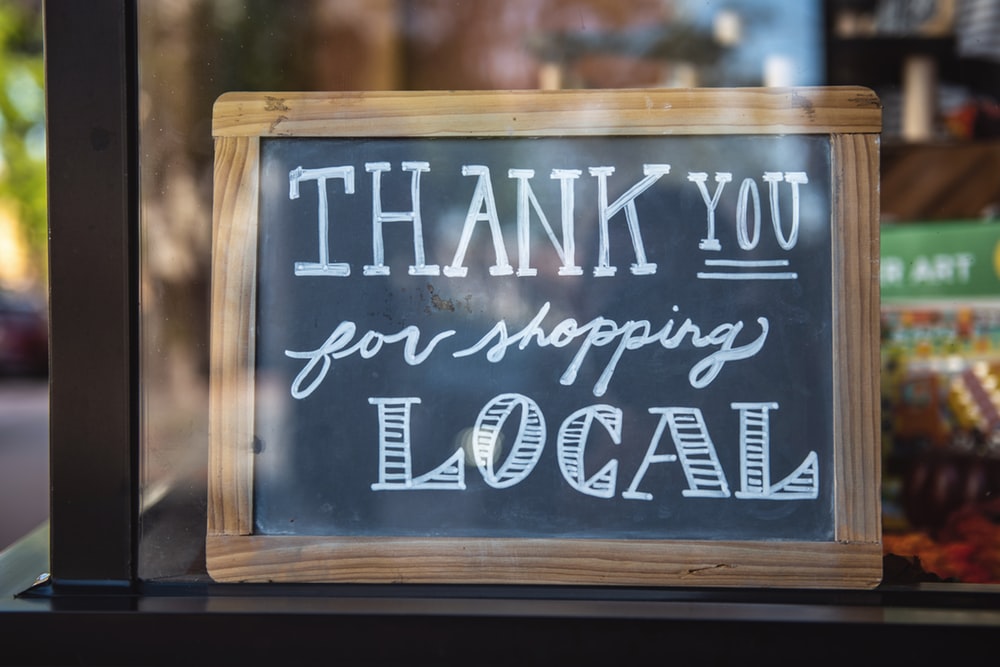UNITED STATES—Yelp is a business directory service and crowd-sourced review forum that started in July 2004. The CEO of Yelp Jeremy Stoppelman called his company “the new Yellow Pages.” More than 178 million people use Yelp worldwide to help them navigate between the best and the worst businesses.
Despite the company’s success, Yelp has been under scrutiny in recent years for their influence on small businesses. According to the former policy director for the Federal Trade Commission David Balto, “Over 2,000 complaints were filed by businesses that their rankings were diminished because they refused to advertise with Yelp.” Many small business owners describe their experience with Yelp as extortive.
One former business owner, Stefanie Isacatus who ran her business in San Diego, California said: “I never imagined Yelp would be the reason why I closed my business. Yelp would call me every couple of days, and they’d try and sell me these ridiculous advertising packages.”
Small business owners report that Yelp would contact them trying to sell them $500 and $600 advertising packages. Many business owners could not afford such packages so they would decline Yelp’s services.
One restaurant owner from Richmond, California, Davide Cerretini claims he spent $270 a month just to get Yelp salespeople to “shut the f**k up.” “Yelp started to harass us around 2012 and I mean harass us. We were talking about 7 or 8, 9 calls a week. There is no way to deny it because Yelp can go back and look at their record,” Cerretini explains.
While Yelp claims that it works by being an open forum where anyone can leave a review, not all reviews are created equal. Many business owners claim that the 5-star reviews were being filtered out for 1 star reviews leaving a disproportionate amount of negative reviews on their Yelp page. Small business owners claim that the 1-star reviews have a profound effect on their businesses. Consumers say that they are less likely to use a service or eat at a restaurant if the place of business has a low star rating.
Yelp admitted to using a filtration system for the reviews posted. According to an official Yelp video, the reason why certain reviews are filtered is because some review sources are more reliable than others. The video uses the following example:
“Let’s say you want to try a new restaurant in town. Your foodie friend has been there, the gentlemen who lives next door who only goes out once a year has been there, and that new guy across the street that you just met has been there. So, you ask them all what they thought and you’re probably going to trust one of those opinions more than the others.”
The narrator in the video goes on to describe how Yelp understands that as a consumer one might not find a certain review reliable because some reviewers aren’t as knowledgeable. The neighbor’s opinion may be less valuable to you as a consumer over your foodie friend because he only goes out once a year Yelps video explains.
One small business owner, Josh Teekell of Allied Outdoor Solutions in Houston, Texas explains that one bad review on Yelp destroyed his company. Teekell noticed that his company received a variety of both positive and negative reviews, but Yelp appeared to favor the negative reviews over his business’ positive reviews. Seeing how this phenomenon might harm his business he contacted Yelp to see why the filtered positive reviews were not showing up. According to Teekell, “The only way to improve my rating on Yelp was to advertise.”
One of his employees took the time to contact the disgruntled customer to remedy the issue. The customer changed his one star review to a 4-star review once his issue was solved. Yelp filtered out the same review that was formally a 1-star and changed to a 4-star review.
As a response to the Yelp’s alleged biased algorithm and extortion accusations, Yelp’s Senior VP for Corporate Communications Vince Sollitto stated that “every claim to that effect has been dismissed by court five times. It has been investigated by the FTC twice and closed.” He went on to address the algorithm issues. “There’s a Harvard Business school study that found that our software algorithm treats advertisers and non-advertisers the same.”
“I think they’re clearly misinterpreting the significance of the FTC closing their investigation. There are many reasons why an investigation is closed and it does not mean that they’ve received a clean bill of health,” says David Balto. “When I was the policy director of the FTC, I used to be in charge of the complaint intake unit. I know what’s a lot of complaints. 2,000 complaints is an astronomical number of complaints. Usually, in most matters you’re talking about 5, 10 complaints.”






